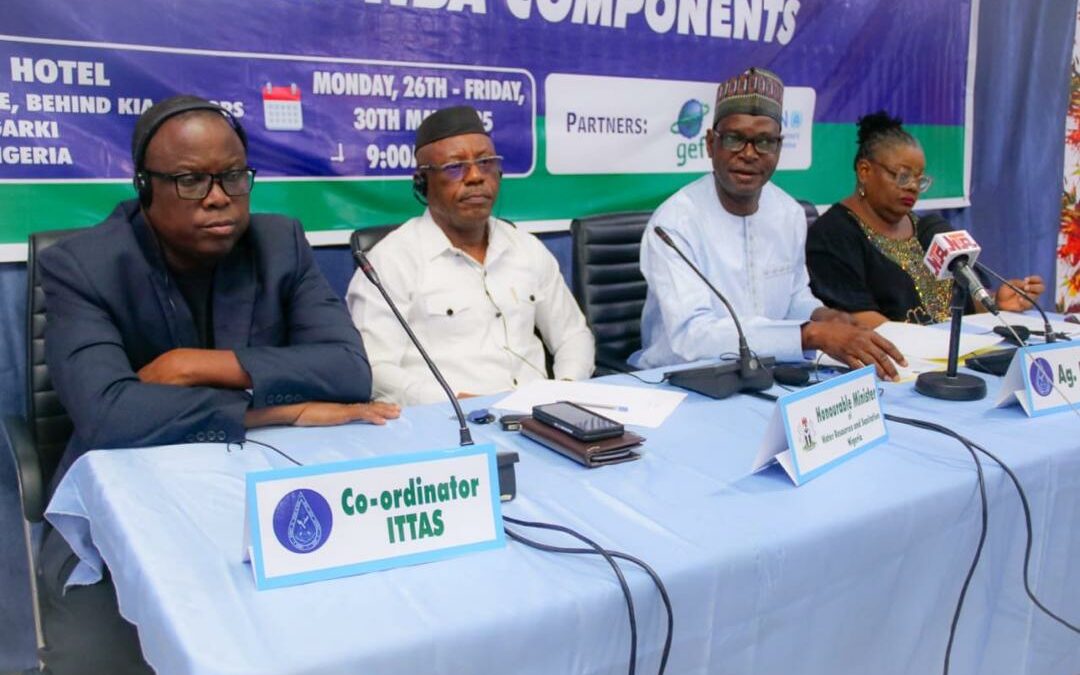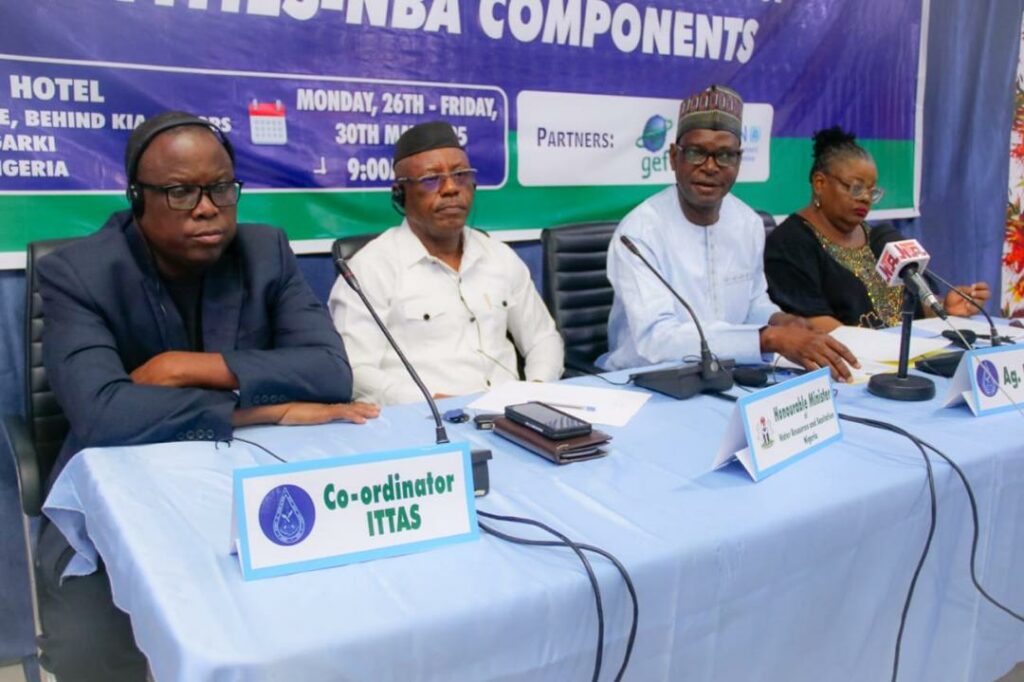
As the NB-ITTAS Project nears its conclusion, stakeholders from the components implemented by the Niger Basin Authority (NBA) are gathering in Abuja, Nigeria, from May 26 to 31, 2025, for a regional experience-sharing and capitalization workshop.
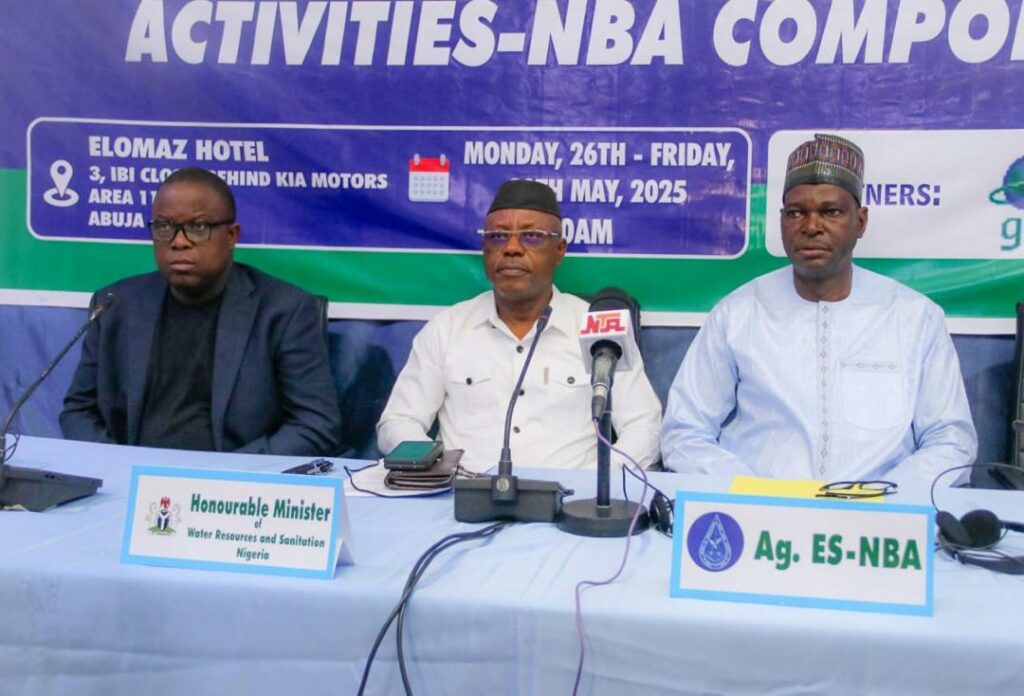
Initiated by the NBA and supported by the Global Environment Facility (GEF), the workshop aims to document project achievements, disseminate best practices, and formulate policy recommendations to strengthen sustainable water and ecosystem management across the Niger Basin. This gathering serves as a strategic exercise in collective learning, ahead of the project’s official closure on June 4, 2025.
Opening ceremony highlights
Three key addresses marked the opening session.
Mrs. Angela Kegnede, representing Nigeria’s National Focal Structure (NFS), welcomed participants and expressed her gratitude on behalf of the host country. She commended the pivotal role of GEF in enabling Integrated Water Resources Management (IWRM) strategies throughout the Basin.
Speaking on behalf of the Executive Secretary of the NBA, Mr. Adamou IBRO, Technical Director, emphasized the importance of the workshop as a critical step toward transforming the project’s achievements into long-term action. He highlighted the project’s major milestones, including:
- Funding for 17 community-based pilot projects;
- The organization of numerous capacity-building sessions;
- The establishment of 3 regional and 7 national platforms to support transboundary ecosystem governance.
Mr. Adeyinka Adenopo, Director of Water Resources Planning and representative of Nigeria’s Minister for Water Resources, officially declared the workshop open. He noted that the NB-ITTAS Project plays a crucial role in addressing key environmental challenges such as climate change, land degradation, and water pollution. He stressed the importance of capitalizing on lessons learned and guiding future actions toward tangible impacts for local communities.
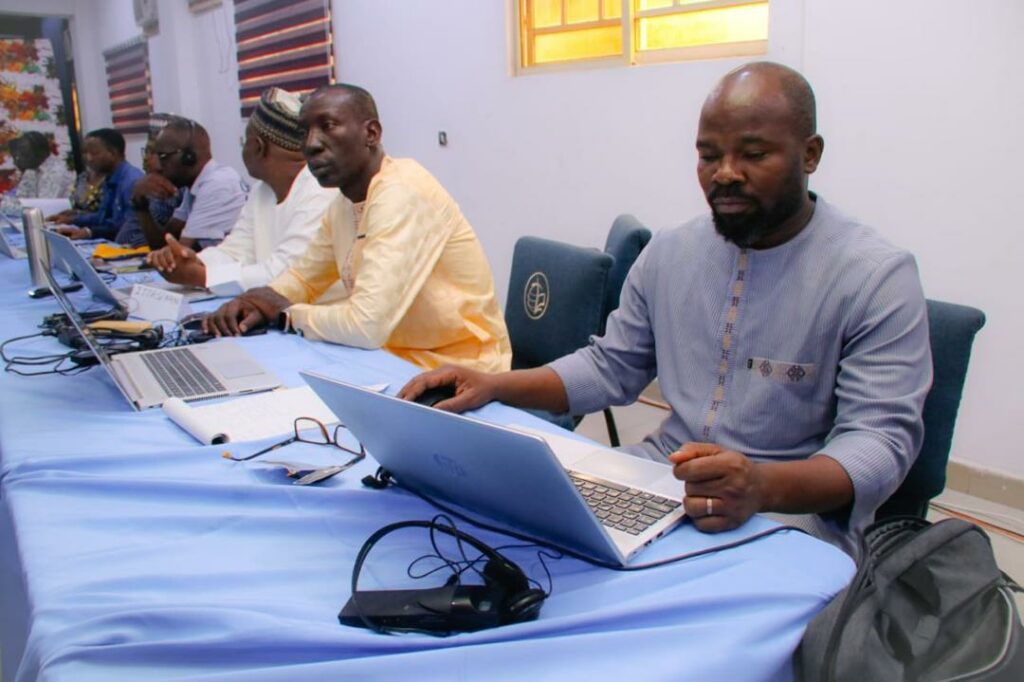
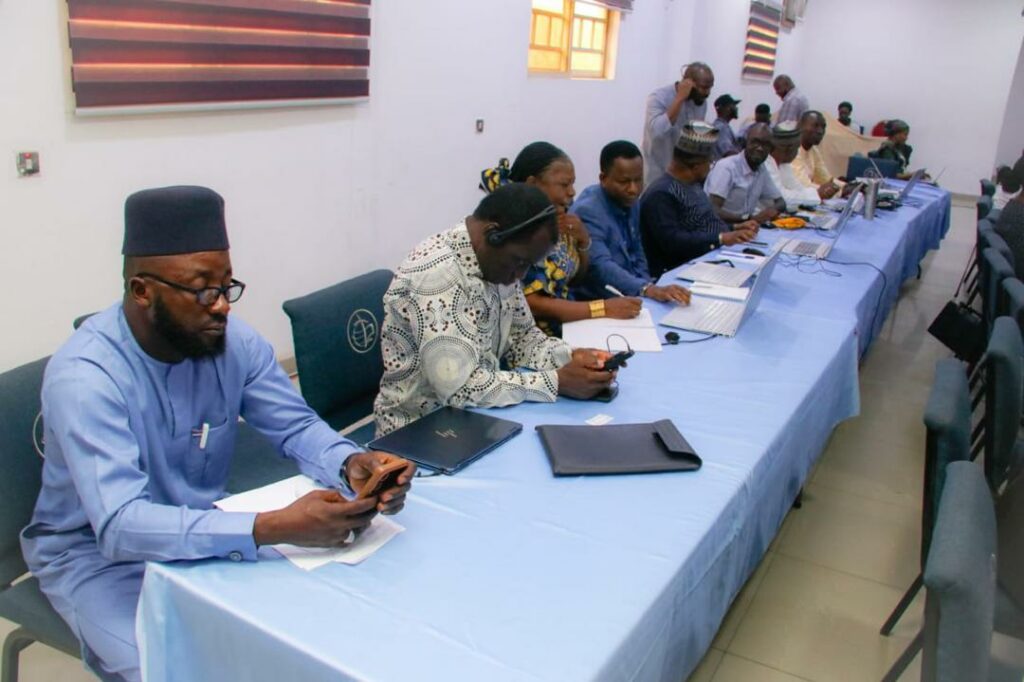
Presentations full of Insight
The first presentation, delivered by Mr. Allomasso Tchokponhoué, Regional Coordinator of the project, recalled the project’s strategic framework, which revolves around four core outcomes:
- IWRM supported by enhanced knowledge of groundwater and its connection to surface water systems;
- Greater involvement of basin user associations and NGOs in sustainable management;
- Promotion of environmental responsibility across productive sectors;
- Support for national policies and civil society in ecosystem-based governance of the Niger River.
He also underlined the major implementation challenges, encouraging participants to view these as opportunities for learning and improvement.
The second presentation, delivered by Mr. Abdoulaye SADI, Coordinator of Component 2, focused on activities aimed at strengthening local governance of natural resources. With a strongly participatory approach, this component achieved:
- 17 agreements signed with beneficiary communities;
- 8 contracts with local NGOs;
- 9 contracts with national focal points in member countries.
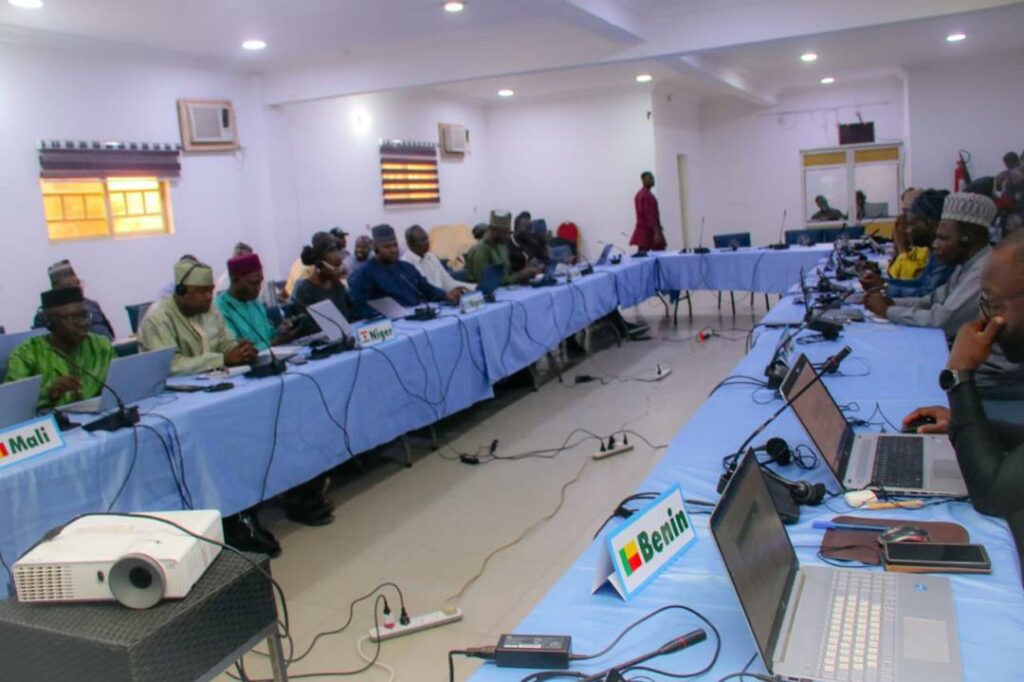
Among the notable results: 107 hectares were restored out of 130 planned (82.31%), and 2,050 people were trained, including 1,200 women—a powerful testament to the project’s commitment to inclusion and gender equity.
A defining moment for the basin’s future
Rather than marking the end, this capitalization workshop represents a strategic turning point in the NB-ITTAS Project’s journey. Through dynamic discussions, participants identified successful practices to sustain, areas for improvement, and opportunities to strengthen collaboration moving forward.
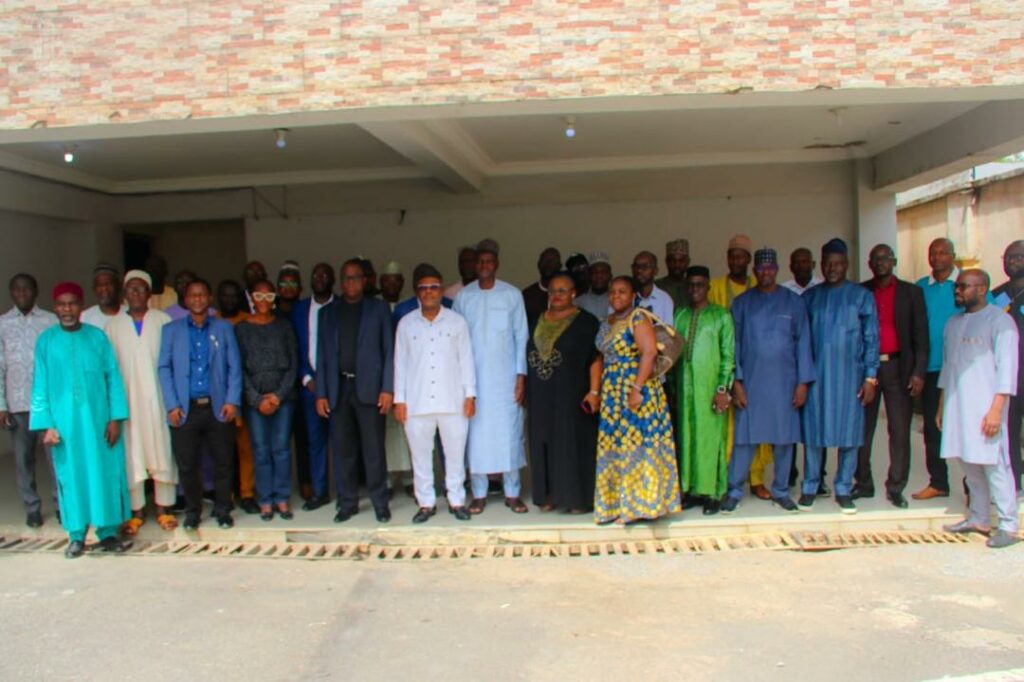
Driven by a shared vision of regional cooperation, environmental sustainability, and social equity, the NB-ITTAS Project continues to pave the way for responsible, inclusive, and resilient transboundary water governance across the Niger Basin.

